New Scientist covers the latest developments in science and technology that will impact your world. New Scientist employs and commissions the best writers in their fields from all over the world. Our editorial team provide cutting-edge news, award-winning features and reports, written in concise and clear language that puts discoveries and advances in the context of everyday life today and in the future.
Elsewhere on New Scientist
Of mice and men • It is time to address the question of babies with two genetic fathers
New Scientist
The dawn of a new era
A brief history of same-sex genetic parents*
First fertile mice with two fathers • We are a step closer to two men being able to have genetic children of their own after the creation of fertile mice by putting two sperm cells in an empty egg, says Michael Le Page
Stellar flares hamper search for life in promising star system
Putting a face to the Denisovans • A skull from China has been identified as Denisovan – and confirms our suspicions about just how massive these ancient humans were, finds Michael Marshall
Bespoke immunotherapy could be made in the body of people with cancer
We may know how your brain tracks sleep debt
Is this the secret to our big brains? • Unlike other primates, humans are exposed to high levels of placental sex hormones in utero, which may have shaped our evolutionary brain development, finds Grace Wade
Ice bubbles can be used to store information
Dead NASA satellite suddenly reanimates
Moths can travel by the light of the stars
More evidence rapamycin may boost lifespan
World faces huge crop shortages • No matter what farmers do, climate change will affect five of the world’s six main staple crops
Sea spiders use their bodies to ‘farm’ gas-eating bacteria
Talking big ideas on a tiny island • A hundred years after Werner Heisenberg supposedly invented quantum mechanics on Helgoland, physicists have returned for a centenary celebration. Philip Ball joined them
Asteroid impact on the moon could damage Earth’s satellites
Can reusable rockets help cool the planet?
Cold sore virus reshapes the human genome
Lost memories can still influence you • Searching for forgotten memories could tell us more about how the brain works
Ancient ‘goblin-like’ monstersaur slurped up dinosaur eggs
Thawing attitudes • The public is tuning out the seemingly slow warming of the world, but it doesn’t have to be that way, argue Grace Liu and Rachit Dubey
This changes everything • Will the real robots please stand up? It is uncanny how human fears about robots mirror those about immigrants. But maybe they won’t rise up Terminator-style at all, says Annalee Newitz
A stark divide
Narrative medicine • A neurologist sensitively explores the marvels of our brains in a spellbinding debut that is being compared to the late, great Oliver Sacks, says Elle Hunt
Behind the scenes • Natural history museums teach us about our world, but they aren’t telling us the whole story, discovers Chris Stokel Walker
New Scientist recommends
Mind games • This exhilarating, experimental thriller is packed with puzzles and narrative threads, finds Jacob Aron, who had an awful lot of fun piecing it all together
Your letters
HOW TO THINK ABOUT…
TAMING THE SUN’S POWER • There are three basic solar geoengineering methods for cooling the planet
It all adds up • This handy maths trick can help you count moving objects, from vanishing spoons to a herd of cows, says Katie Steckles
Puzzles
Almost the last word
Tom Gauld for New Scientist
Feedback
Twisteddoodles for New Scientist
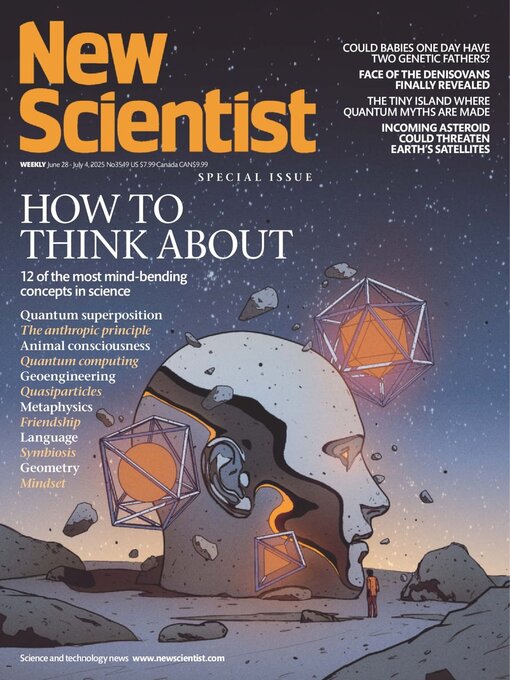
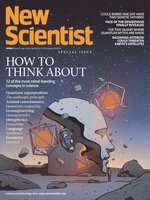 Jun 28 2025
Jun 28 2025
 Jun 21 2025
Jun 21 2025
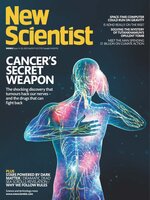 Jun 14 2025
Jun 14 2025
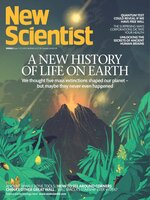 Jun 07 2025
Jun 07 2025
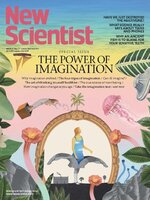 May 31 2025
May 31 2025
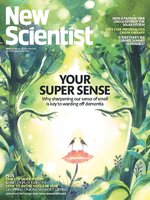 May 24 2025
May 24 2025
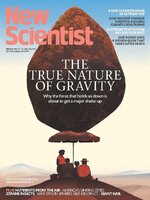 May 17 2025
May 17 2025
 May 10 2025
May 10 2025
 May 03 2025
May 03 2025
 Apr 26 2025
Apr 26 2025
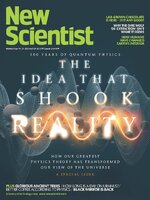 Apr 19 2025
Apr 19 2025
 Apr 12 2025
Apr 12 2025
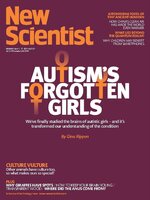 Apr 05 2025
Apr 05 2025
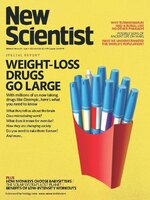 Mar 29 2025
Mar 29 2025
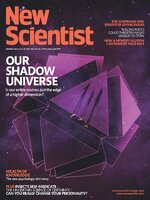 Mar 22 2025
Mar 22 2025
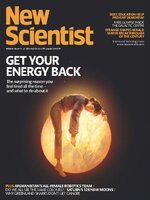 Mar 15 2025
Mar 15 2025
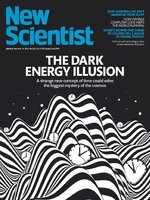 Mar 08 2025
Mar 08 2025
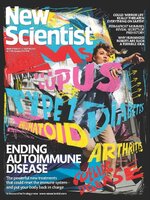 Mar 01 2025
Mar 01 2025
 Feb 22 2025
Feb 22 2025
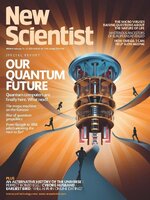 Feb 15 2025
Feb 15 2025
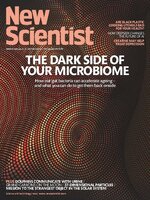 Feb 08 2025
Feb 08 2025
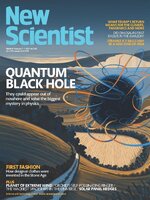 Feb 01 2025
Feb 01 2025
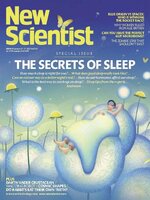 Jan 25 2025
Jan 25 2025
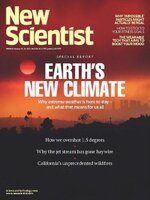 Jan 18 2025
Jan 18 2025